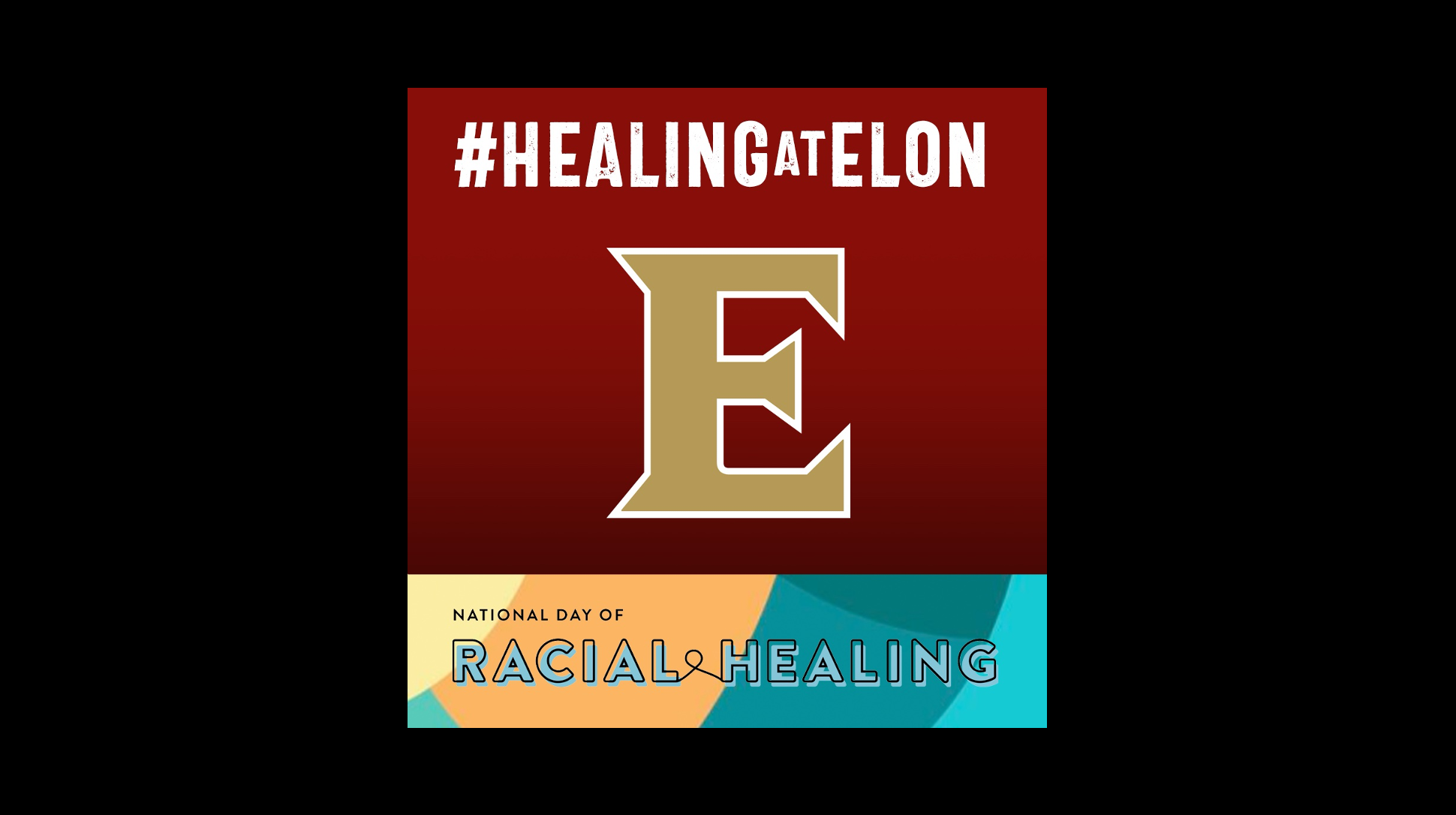The National Day of Racial Healing was founded in 2017 by the W.K. Kellogg Foundation. The first event on Elon's campus was held as a part of the events in commemoration of the Rev. Martin Luther King Jr. at Elon.
The Office of Inclusive Excellence Education and Development (OIEED) collaborated with the Center for Race, Ethnicity and Diversity Education (CREDE) to recognize the National Day of Racial Healing on Tuesday, Jan. 18, by hosting a virtual “How We Heal” gathering. The event was moved online due to recent winter storms that hit North Carolina.
Racial healing is important because “there has never been a time in the United States that there hasn’t been racial trauma,” said Buffie Longmire-Avital, associate professor of psychology, during the Elon event.
This is the first time events surrounding the National Day of Racial Healing have been held at Elon since the national event was founded by the W.K. Kellogg Foundation six years ago. Elon’s inaugural event consisted of statements from university leaders in diversity, equity and inclusion, and conversations within specific identities on what racial healing looks like on Elon’s campus for them. It provided a safe space for the community to share experiences, concerns and solutions to improve race relations.
“We all are affected by racism. It prevents us from experiencing true humanity, and at Elon, we must work to cultivate that humanity,” said Vice President of Inclusive Excellence Randy Williams.
It was an important start for some, and for others a chance to meet people who are ready to address issues about race and engage in change. The National Day of Racial Healing is hosted annually by the W.K. Kellogg Foundation’s truth, racial healing and transformation (TRHT) initiative. The TRHT framework and process will help communities heal and produce actionable change.
“I believe participants appreciated time and space to be in community with each other and engage in self-reflection and learn about current efforts at Elon to address racial healing and racial justice,” said Carla Fullwood, director of the OIEED.
Students, faculty and staff engaged in conversation to move efforts toward action steps. Nina Namaste, professor of Spanish, said, “Why are we still trying and not doing?” She continued, “When I was hired, we had 10 Latinx or Hispanic faculty members, we still have 10, so how do we increase representation?
Each moderator from the group listening sessions took notes to aid in discussions with campus Inclusive Excellence partners to develop strategies for action steps.
Our next steps are crucial to achieving racial equity, said Evan Gatti, associate professor of art history. “What we do next matters, as does who will bear and share the pain and joy of healing,” Gatti said.



